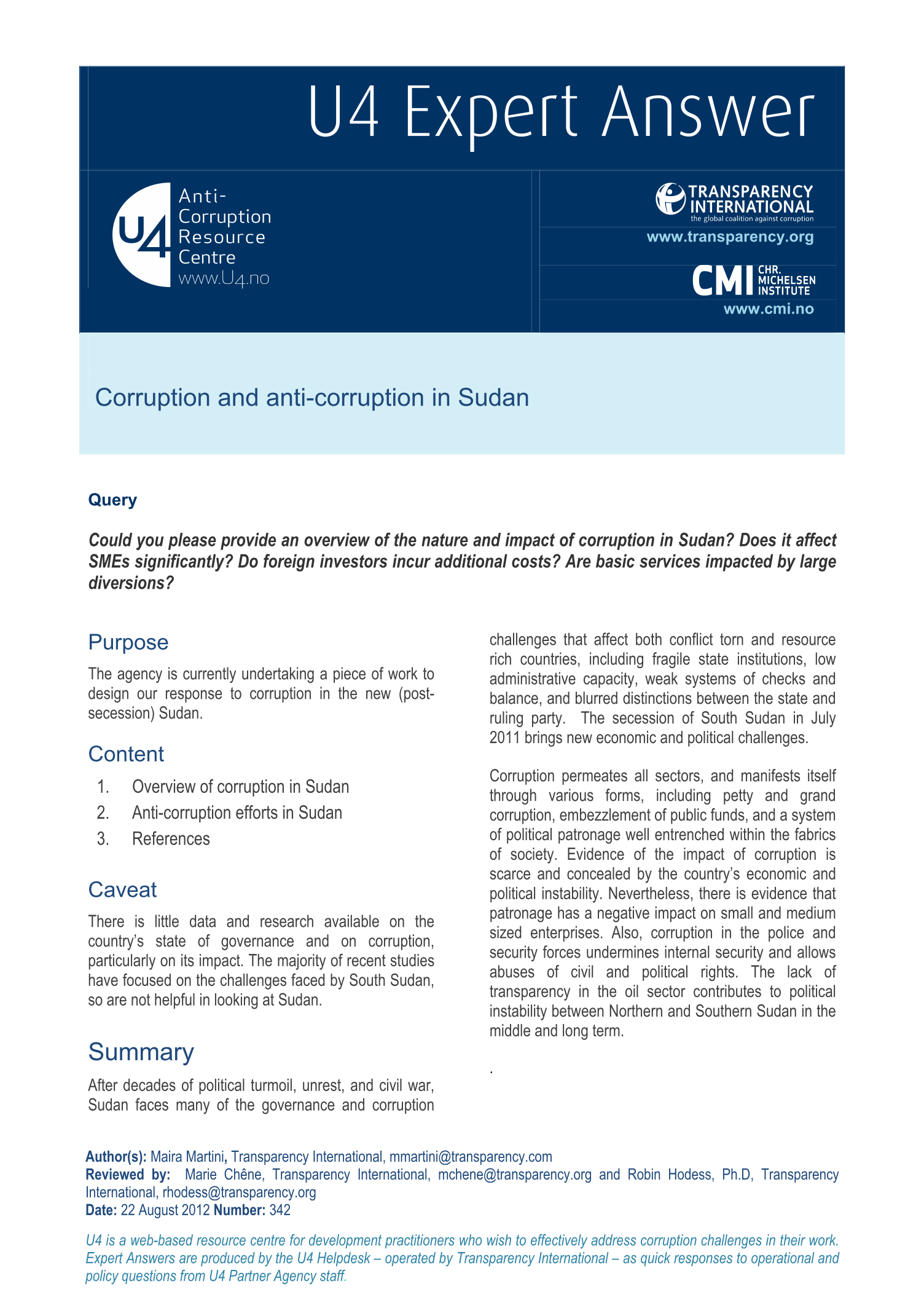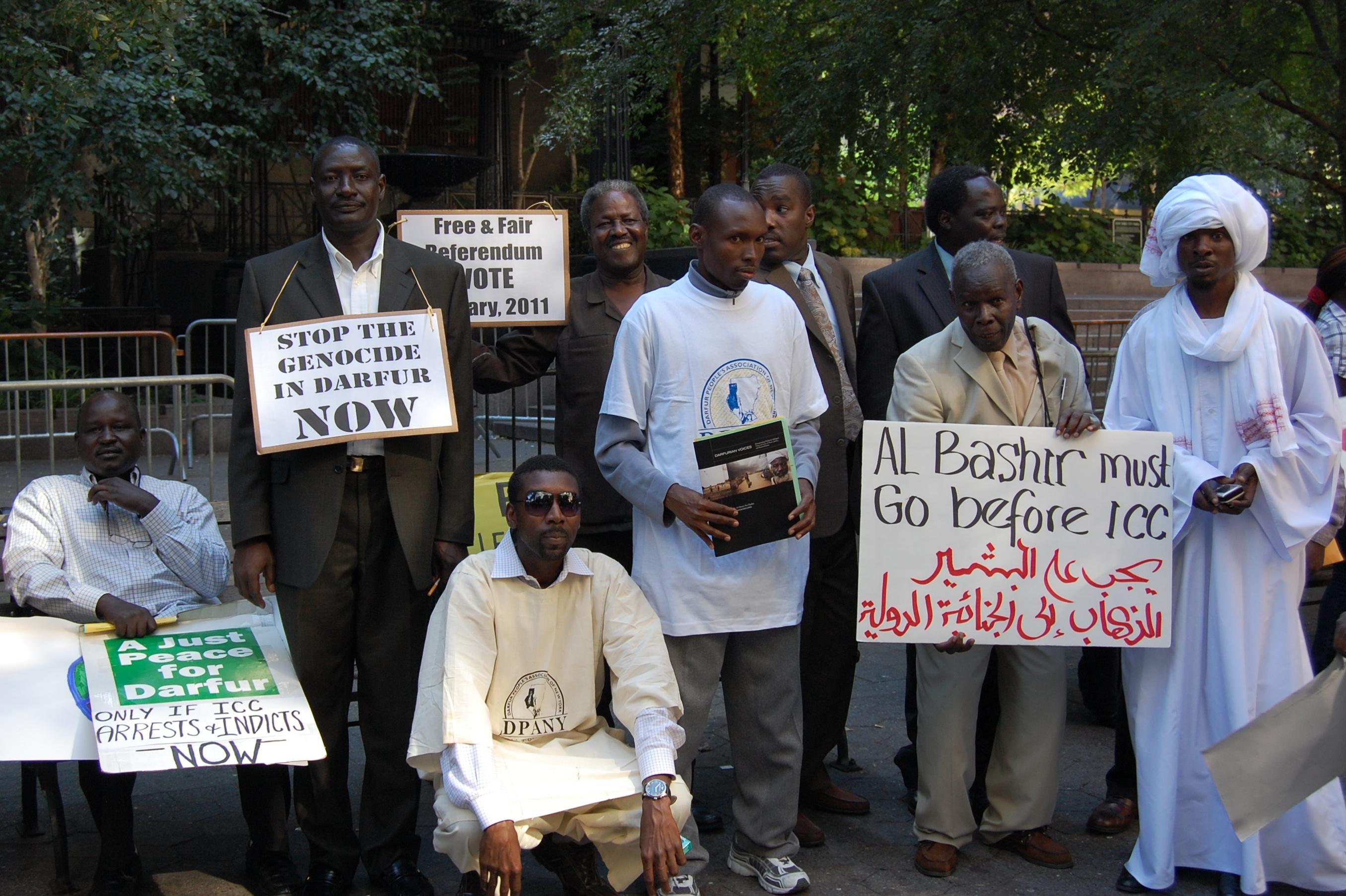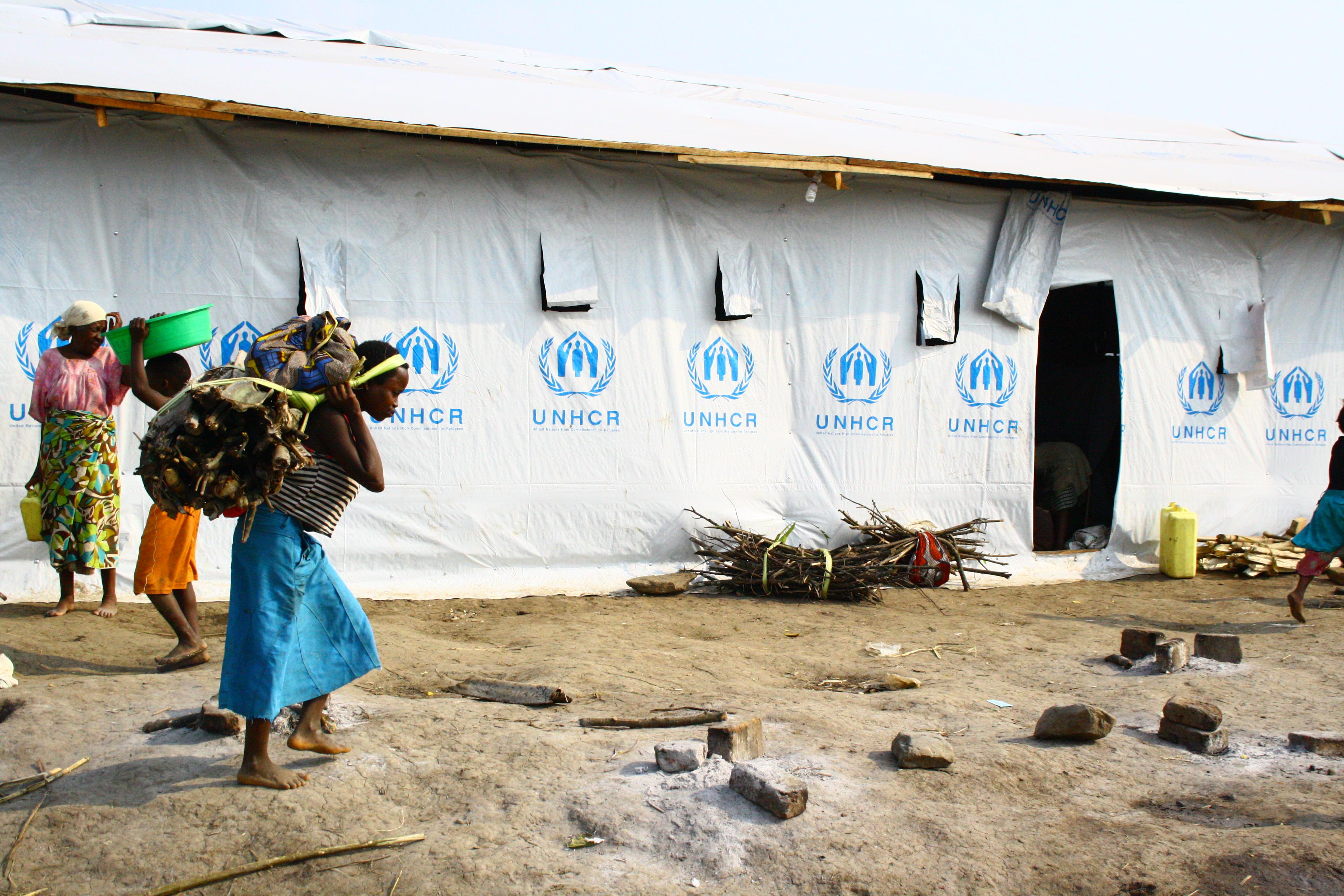U4 Helpdesk Answer
Corruption and anti-corruption in Sudan
Corruption permeates all sectors, and manifests itself through various forms, including petty and grand corruption, embezzlement of public funds, and a system of political patronage well entrenched within the fabrics of society. Evidence of the impact of corruption is scarce and concealed by the country’s economic and political instability. Nevertheless, there is evidence that patronage has a negative impact on small and medium sized enterprises. Also, corruption in the police and security forces undermines internal security and allows abuses of civil and political rights. The lack of transparency in the oil sector contributes to political instability between Northern and Southern Sudan in the middle and long term.

Cite this publication
Martini, M. (2012) Corruption and anti-corruption in Sudan. EA 342
Disclaimer
All views in this text are the author(s)’, and may differ from the U4 partner agencies’ policies.
This work is licenced under a Creative Commons Attribution-NonCommercial-NoDerivatives 4.0 International licence (CC BY-NC-ND 4.0)
Keywords
Sudan, Africa, anti-corruption reforms, anti-corruption interventions, anti-corruption tools, anti-corruption institutions, fragile states, war and conflict, development, development cooperation, development finance, political corruption, extractive industries, public financial management, police, judiciary, civil society, international coordination


